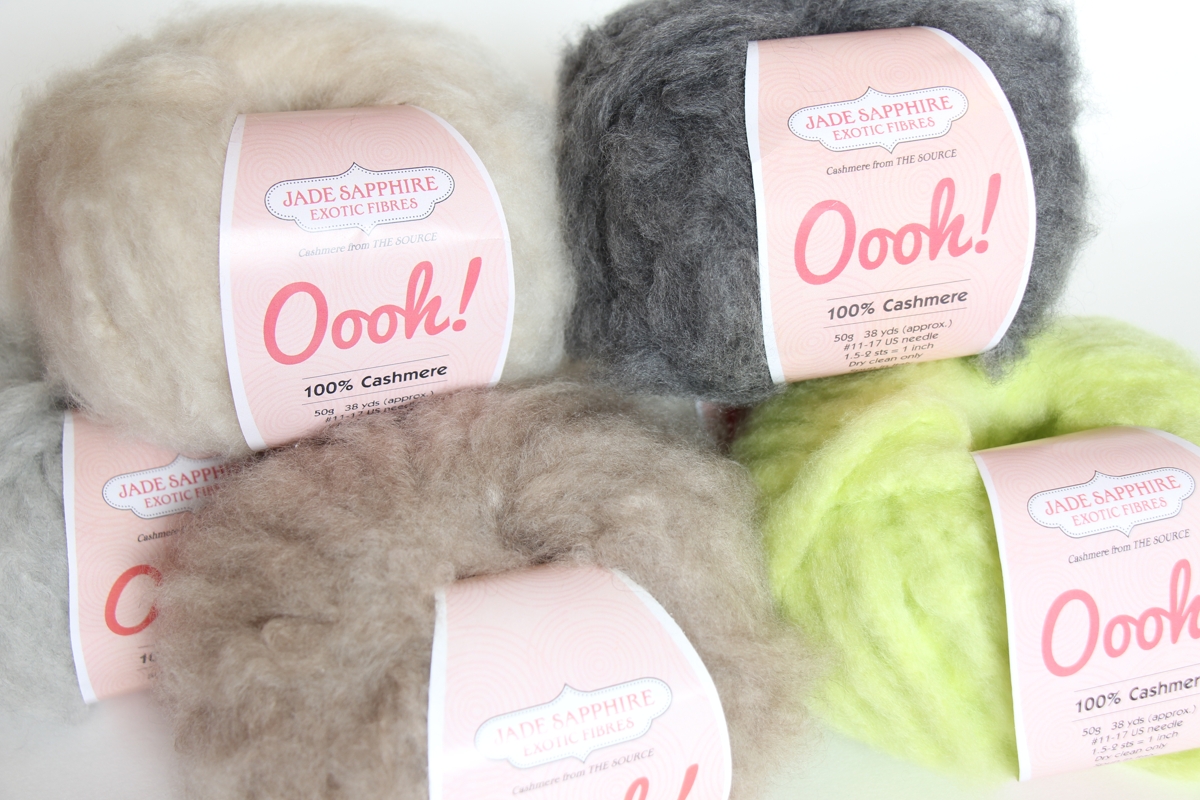What Makes cashmere a Top Choice for Premium Fashion and Comfort?
What Makes cashmere a Top Choice for Premium Fashion and Comfort?
Blog Article
Understanding the Various Kinds of Cashmere a Natural Fiber and Their Distinct Advantages

The Beginnings of Cashmere: A Historic Summary
While the elegant touch of cashmere remains to charm contemporary consumers, its origins trace back to the harsh, chilly environments of Mongolia and the Mountain ranges. For centuries, the native peoples of these areas have been elevating Capra Hircus goats, the prime source of cashmere woollen. These goats, resilient against the extreme winters months, expanded a great undercoat to make it through, which later became known as cashmere. The name itself admires Kashmir, an area in India where the woollen was originally refined. Much of the very early cashmere profession course was facilitated by the Silk Roadway, linking Asia with the Middle East and Europe. Regardless of its international spread, the finest cashmere is still believed to originate from the initial regions of Mongolia and the Mountain Ranges.

The Production Refine: From Goat to Garment
Shearing a Capra Hircus goat marks the inception of the complex cashmere production process. This fragile treatment normally takes place as soon as a year during springtime. The penalty, soft undercoat is then separated from the coarser outer hair, a procedure called dehairing. The resultant raw cashmere is then cleaned to eliminate pollutants such as veggie, dirt, and grease issue.
The clean fiber undergoes dyeing, rotating, and weaving, or knitting, to transform it into a textile. Facility treatments like quality assurance checks and finishing processes follow, guaranteeing the end item preserves the elegant standard anticipated of cashmere. This painstaking process, from goat to garment, warrants the high expense attached to cashmere items, making them a symbol of deluxe and refinement.
The Different Sorts Of Cashmere: An In-depth Evaluation

The Special Benefits of Cashmere: Comfort and Sustainability
Moving from the variety of cashmere kinds to the benefits they provide, comfort and sustainability stand out prominently. Cashmere, a natural fiber, is renowned for its unmatched softness, providing a degree of comfort that artificial fibers can't match.
When it involves sustainability, cashmere is naturally degradable and eco-friendly, as it's gathered from cashmere goats who regrow their coats annually. what is cashmere. Unlike artificial fibers which can take centuries to decompose, cashmere's influence on the setting is marginal. This mix of comfort and sustainability makes cashmere a useful choice for mindful consumers

Caring for Your Cashmere: Maintenance and Conservation Tips
While cashmere is unquestionably a sustainable and elegant option, it requires specific care to preserve its high quality and prolong its life expectancy. To start, cashmere ought to be this post hand washed utilizing chilly water and a moderate cleaning agent. Cashmere things need to be saved in a amazing and completely dry location, away from direct sunshine and wetness.
Spending in Cashmere: Understanding Its Value and Worth
Although cashmere may at first appear like a costly investment, its long-lasting worth and worth ended up being evident when you consider its impressive qualities. Recognized for its unparalleled soft qualities and warmth, cashmere is a costs all-natural fiber that exceeds various other materials. Investing in cashmere, consequently, is not just regarding existing fashion patterns, but concerning embracing a sustainable, anonymous resilient, and glamorous way of living.
Conclusion
In summary, the kind of cashmere one picks, be it Mongolian, Chinese, or Italian, is dictated by individual preferences for warmth, budget, deluxe, and sustainability. The value of cashmere expands past its rate, with convenience and longevity including in its well worth. Correct care and upkeep can guarantee its conservation. For that reason, comprehending the origins, production process, and distinct benefits of different kinds of cashmere can guide consumers in their financial investment in this luxurious all-natural fiber.
Whether it's the outstanding warmth of Mongolian cashmere, the affordability of Chinese cashmere, or the eco-conscious manufacturing of Italian cashmere, there's a story to be discovered behind each fiber kind. Cashmere, an all-natural fiber, is renowned for its unequaled gentleness, offering a level of convenience that artificial view it fibers can't match.When it comes to sustainability, cashmere is eco-friendly and naturally degradable, as it's harvested from cashmere goats that regrow their coats annually. Recognized for its unequaled softness and heat, cashmere is a costs natural fiber that outmatches other materials. Recognizing the origins, manufacturing process, and special advantages of various types of cashmere can guide customers in their investment in this elegant natural fiber.
Report this page